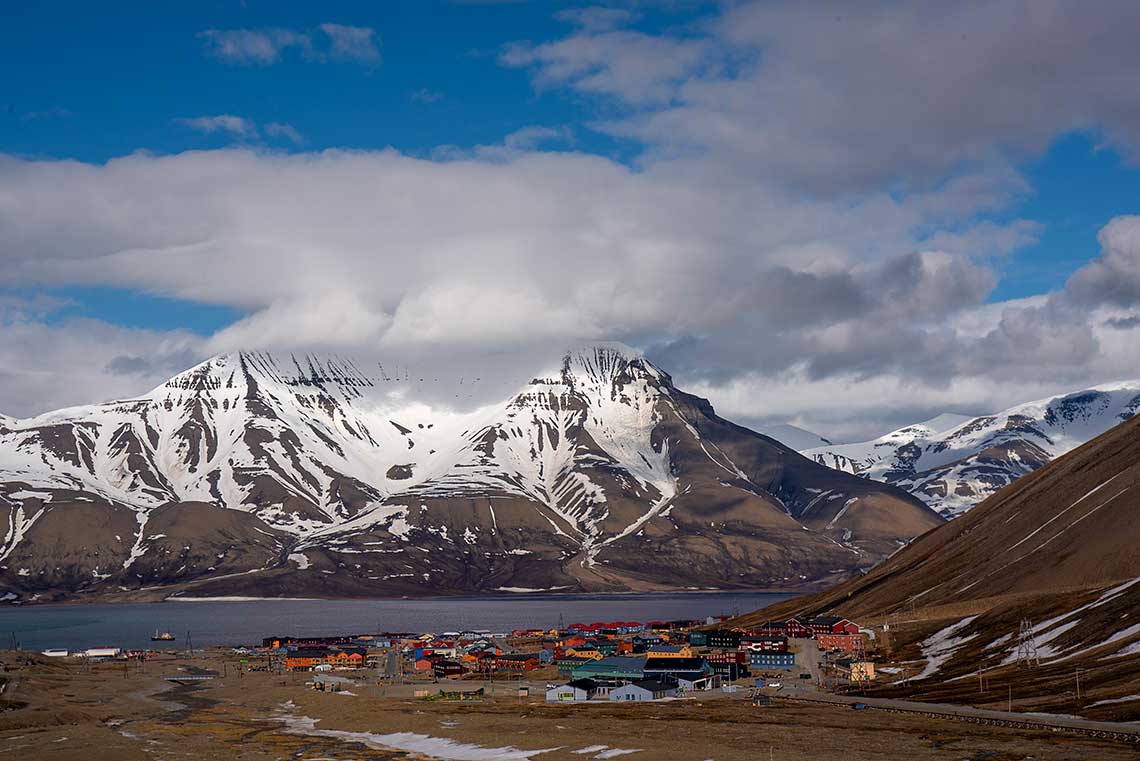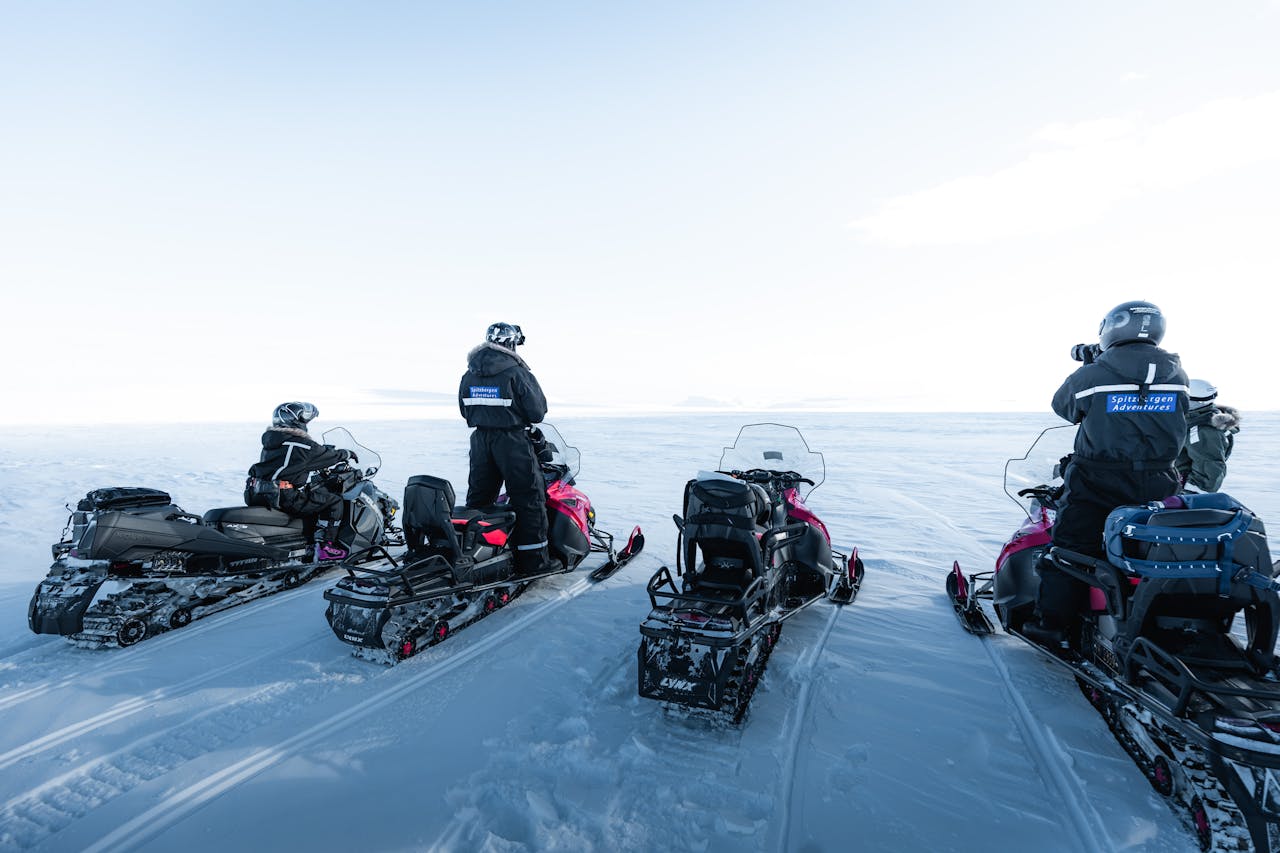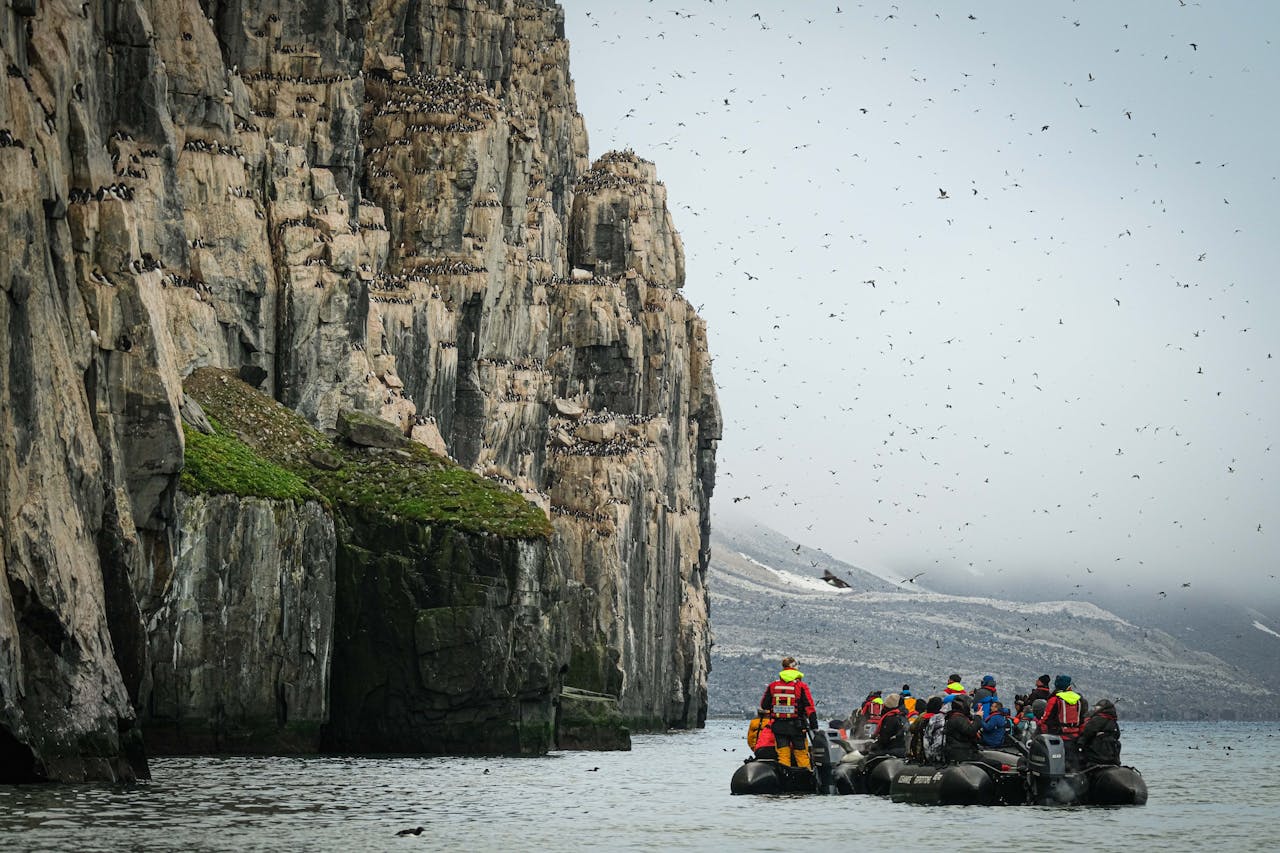斯瓦爾巴和揚馬延島的市場研究

斯瓦爾巴群島是挪威海北部靠近北極的一個島嶼。挪威王國管轄它。斯瓦爾巴群島的首府朗伊爾城是世界最北端的城市。
Another Nordic island, Jan Mayen, lies three hundred miles southwest of Svalbard. It does not have permanent residents and can hold up to thirty-five people at a time.
重點產業
斯瓦爾巴群島幾個世紀以來一直為北歐人民服務。他們的鼎盛時期是幾百年前的捕鯨黃金時代。捕鯨者在斯瓦爾巴群島處理捕獲的魚。隨著該行業變得更加現代化,水手們開始在船上加工鯨魚。這項進步導致斯瓦爾巴群島被遺棄。
幾個世紀後,在 1900 年代,斯瓦爾巴群島成為另一個煤礦區,直到今天它仍然是群島的主要產業之一。採礦業為挪威帶來了數億美元的年收入。
市場進一步擴大到斯瓦爾巴群島的旅遊業和研究等行業。由於地處偏遠和惡劣的天氣,許多人可能不認為旅遊業是斯瓦爾巴群島的賺錢產業。斯瓦爾巴群島迎合了小眾遊客群體,例如尋求雪地摩托車冒險和光環奇蹟的人們。
科學家認為斯瓦爾巴群島是研究氣候變遷和極地野生動物等議題的最佳地點。
揚馬延是挪威的軍事基地。有時它還會容納一些科學家。島上只有一種自然資源:礫石。唯一的其他活動是向軍事人員提供服務。
社群

揚馬延很小,沒有永久居民。它分為兩個區域。北部地區稱為 Nord-Jan,較小的南部地區稱為 Sør-Jan。揚馬延一次只能容納不到四十人,其中大多數居住在小首都奧隆金賓。島上還有另一個定居點 Puppebu,只有一棟建築。
斯瓦爾巴群島是一系列煤礦島。這些島嶼包括斯匹次卑爾根島、Nordaustlandet 島和埃奇島。首都和最大的定居點朗伊爾城位於最大的島嶼斯匹次卑爾根島。首都之外有幾個村莊,那裡有人有小屋。小木屋通常是週末度假屋。大多數前往斯瓦爾巴群島居住的人仍留在城市,以便離工作地點較近。
朗伊爾城有一所小學、一所中學和一所大學。由於斯瓦爾巴群島幅員遼闊且地處偏遠,當地醫院沒有產科病房。準媽媽們會返回歐洲大陸國家之一。他們通常在懷孕後期出發分娩。有一架小型包機從斯瓦爾巴群島飛往挪威,飛行時間長達一小時。在發生醫療緊急情況時,居民也可以使用這項包機服務。
Like any other small settlement, the people of Svalbard enjoy a few amenities. For example, there is a library, gym, swimming pool, bank, hotel, and bus system.
趨勢
There has been a decline in coal mining in Svalbard in recent years. Some mines have even closed down. With that said, there has been an increase in tourism to the island. Thrill-seekers go to Svalbard for snowmobile adventures. They also see local wildlife like polar bears, foxes, and reindeer.
人們對斯瓦爾巴群島的工作表現出越來越大的興趣。這個避風港對所有旅客均免簽證。因此,任何人都可以輕鬆前往斯瓦爾巴群島並在那裡工作。作為斯瓦爾巴群島的合法居民和納稅人,他們甚至可以享受挪威的免費醫療保健。他們也享受挪威政府提供的其他便利設施。
揚馬延只有臨時居民。有些人在冬天留在島上,但大多數人在夏季來訪。
市場優勢與優勢

斯瓦爾巴群島的貨幣是挪威克朗。這些島嶼可以擁有穩定的經濟。平均收入遠高於大陸人。
Companies own most of the housing in Svalbard. They rent to their employees, which is another boost to the private sector on the islands.
Jan Mayen aids mainland Norway and Svalbard’s security as a military base. Jan Mayen also has a meteorological house to track the area’s weather systems.
消費者基礎
斯瓦爾巴群島依賴其居民的自給自足。所以,無法養活自己的成年人必須返回大陸。島上沒有墓地。
Gas and diesel are cheap in Svalbard. But, the high price of monthly groceries cancels that out.
Reasons to Grow Your Business in Svalbard and Jan Mayen
市場穩定,易於拓展。儘管人口稀少,但這些偏遠島嶼上仍有許多機會。
例如,我們看到企業主如何涉足房地產,因為他們為員工提供住房。糧食生產和提供其他服務也存在機會。
我們在紐約的工廠位置
11 E 22nd Street, Floor 2, 紐約, NY 10010 電話:+1(212) 505-6805
關於 SIS 國際
SIS國際 提供定量、定性和策略研究。我們為決策提供數據、工具、策略、報告和見解。我們也進行訪談、調查、焦點小組和其他市場研究方法和途徑。 聯絡我們 為您的下一個市場研究項目。


